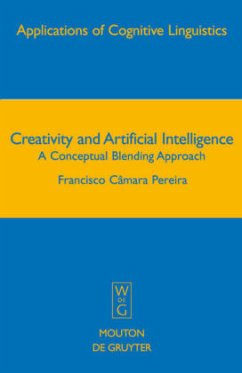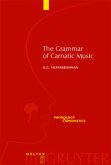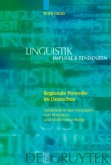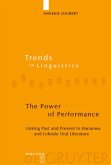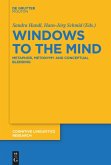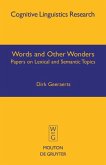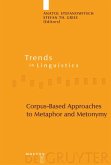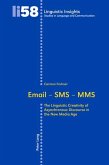Creativity and Artificial Intelligence: A Conceptual Blending Approach takes readers into a computationally plausible model of creativity. Inspired by a thorough analysis of work on creativity from the areas of philosophy, psychology, cognitive science, cognitive linguistics and artificial intelligence, the author deals with the various processes, principles and representations that lie underneath the act of creativity.
Focusing on Arthur Koestler's Bisociations, which eventually lead to Turner and Fauconnier's conceptual blending framework, the book proposes a theoretical model that considers blends and their emergent structure as a fundamental cognitive mechanism. The author thus discusses the computational implementation of several aspects of conceptual blending theory, namely composition, completion, elaboration, frames and optimality constraints. Informal descriptions and examples are supplied to provide non-computer scientists as well as non-cognitive linguists with clear insights into these ideas. Several experiments are made, and their results are discussed, with particular emphasis on the validation of the creativity and conceptual blending aspects.
Written by a researcher with a background in artificial intelligence, the book is the result of several years of exploration and discussion from different theoretical perspectives. As a result, the book echoes some of the criticism made on conceptual blending and creativity in artificial intelligence, and thus proposes improvements in both areas, with the aim of being a constructive contribution to these very intriguing, yet appealing, research orientations.
Hinweis: Dieser Artikel kann nur an eine deutsche Lieferadresse ausgeliefert werden.
Focusing on Arthur Koestler's Bisociations, which eventually lead to Turner and Fauconnier's conceptual blending framework, the book proposes a theoretical model that considers blends and their emergent structure as a fundamental cognitive mechanism. The author thus discusses the computational implementation of several aspects of conceptual blending theory, namely composition, completion, elaboration, frames and optimality constraints. Informal descriptions and examples are supplied to provide non-computer scientists as well as non-cognitive linguists with clear insights into these ideas. Several experiments are made, and their results are discussed, with particular emphasis on the validation of the creativity and conceptual blending aspects.
Written by a researcher with a background in artificial intelligence, the book is the result of several years of exploration and discussion from different theoretical perspectives. As a result, the book echoes some of the criticism made on conceptual blending and creativity in artificial intelligence, and thus proposes improvements in both areas, with the aim of being a constructive contribution to these very intriguing, yet appealing, research orientations.
Hinweis: Dieser Artikel kann nur an eine deutsche Lieferadresse ausgeliefert werden.

